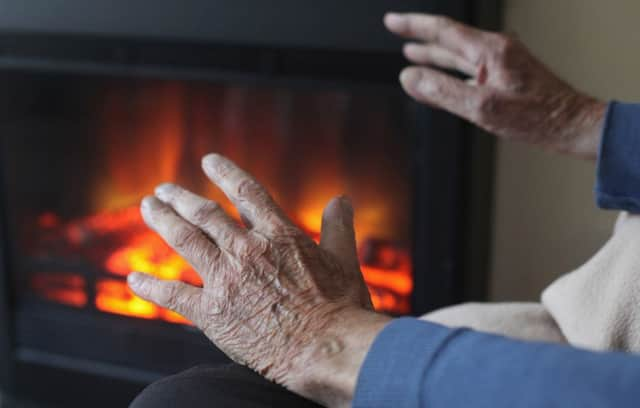Leaders: Radical change required in energy market


For the past two years, there has been intense political focus on the UK retail energy market as household heating bills have soared. Angry words have been exchanged by politicians and piecemeal promises made. But there has been little by way of a well-researched and thought-out programme to increase competition in the domestic market. Now the consumer group Which? and the Federation of Small Businesses (FSB) have written a joint letter to the Office of Fair Trading, Ofgem and the Competition and Markets Authority, urging that competition in the energy market should be increased.
The case for a full-scale inquiry is unanswerable. The big six gas and electricity suppliers are expected to hear soon whether there is to be a full competition inquiry into the industry. But why has it taken so long? And why have previous reviews left so little an impression?
Advertisement
Hide AdAdvertisement
Hide AdPrevious attempts by Ofgem to address consumer concerns have proved ineffectual. In late 2010 it undertook a Retail Market Review. This followed a 2008 “Energy Supply Probe” which had little effect in addressing consumer concerns. The 2010 review gave rise to what it claimed were “Simpler, Clearer, Fairer” energy supply reforms, designed to meet concerns that the energy market was not working effectively for consumers and that many of the problems with consumer engagement remained But even now, little by way of improvement has been discernible to customers.
Which? and the FSB said in their letter that ever-rising energy bills were a “major concern” for small businesses. They believe the energy market is broken and urgently needs to be fixed. Top of their concerns is the need to increase competition and to make trading transparent. “For too long the lack of competition in the energy market has not been addressed. It is now time for radical changes that deliver an effective, competitive market that works.”
As they point out, nine in ten consumers believe the energy market should be referred for further investigation, while seven in ten are worried about energy prices and only one in five trusted energy companies.
Financial, energy and consumer regulators have been reviewing the working of the market for the past three months. The resulting report could well trigger a full competition inquiry. There is a view that Ofgem itself is in the Last Chance Saloon, that it has failed to respond in the manner expected and should be scrapped. There is a strong case for its replacement by a new body with the wherewithal and remit to ensure British consumers are not again subjected to such an insensitive, change-resistant system.
Kirk’s plea for unity welcome
With almost six months still to go and the independence debate set to grow even more heated, it may seem premature for the Church of Scotland to call for unity in the aftermath of 18 September. But in reminding us of our common goals and warning that we should not leave this until after the vote, the Rev Sally Foster-Fulton, head of the Kirk’s influential Church and Society Committee, has made a welcome and timely intervention.
There is no doubt that the tone of recent public debate has become markedly more polarised and fractious. That is to be expected in a referendum that is close to many Scottish hearts and central to our very definition in the world. But there is a real risk that the social union, which both sides acknowledge and respect, could become a victim. And this social union, both within Scotland and across the UK, is one of the most essential features to a settled constitution, whichever way the vote goes.
In this the church, together with other religious organisations, has an important role to play. The period after the referendum will be of critical importance. In the event of a Yes vote there will be an extended period of negotiations which must be carried out in a spirit of mutual respect and goodwill. Equally, a No vote will almost certainly prompt consideration of further devolved powers for Scotland. In both cases more can be achieved by co-operation than by confrontation.
After a fierce debate that has already lasted three years, we may well be in need of a Truth and Reconciliation Commission to bring us back together and rekindle our sense of common purpose. The plea by Ms Foster-Fulton should not go unheard.